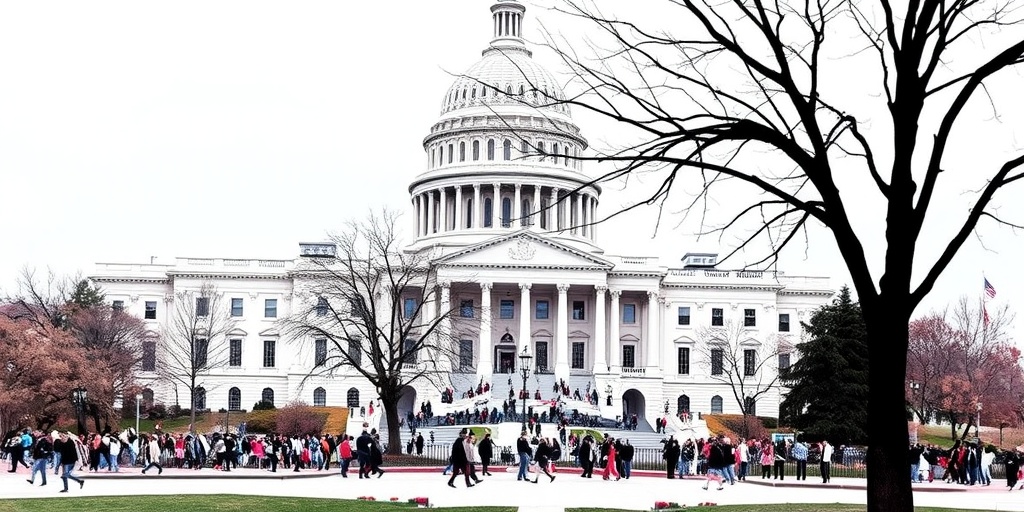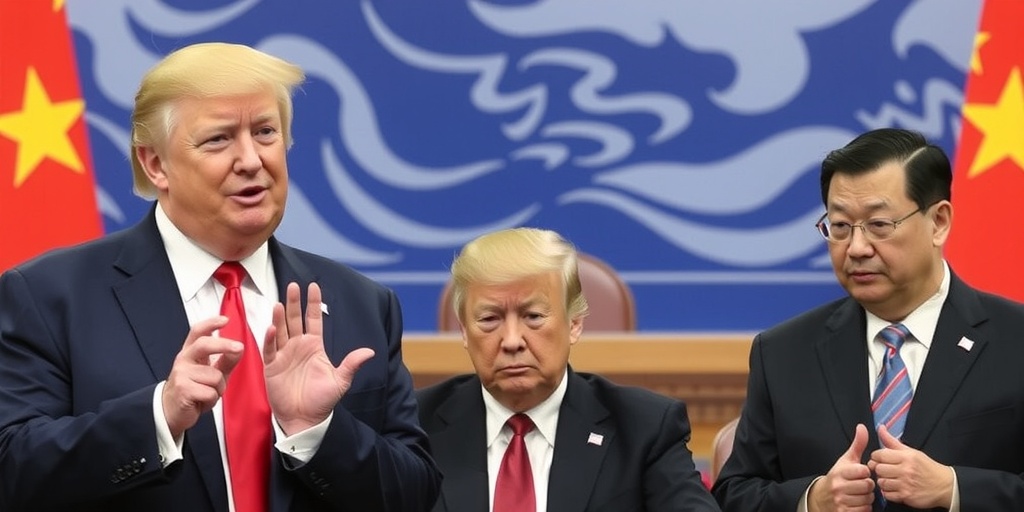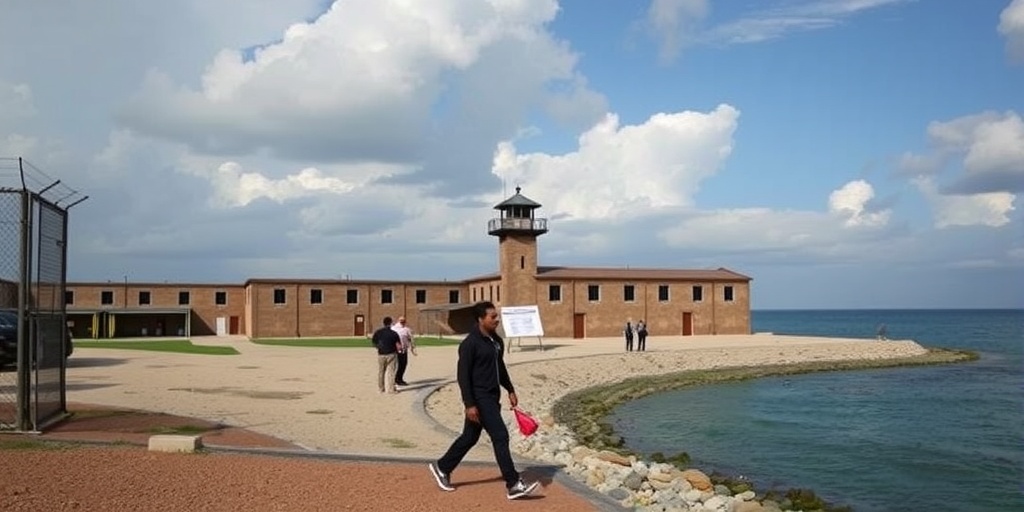Now Reading: Trump Commutes Sentence of Hunter Biden Associate
-
01
Trump Commutes Sentence of Hunter Biden Associate
Trump Commutes Sentence of Hunter Biden Associate

Title: Trump Commutes Sentence of Hunter Biden’s Former Associate Amid Controversy
In a significant use of his clemency power, former President Donald Trump recently commuted the extensive prison sentence of Jason Galanis, a former business associate of Hunter Biden. This decision has reignited debates surrounding the intertwining of politics, business dealings, and the judicial system. Galanis, who was sentenced in 2020 to 189 months in prison for his involvement in massive securities fraud schemes, has emerged as a focal point in ongoing Republican inquiries into the Biden family.
Galanis was found guilty of participating in two fraudulent schemes that exploited investors and defrauded a Native American tribal entity of tens of millions of dollars. Notably, documents presented during the trial indicated that Hunter Biden served as the vice chairman of a company implicated in one of these schemes. This connection has raised eyebrows and fueled speculation regarding the Biden family’s alleged involvement in business operations that could overlap with public service.
The clemency granted to Galanis is a continuation of Trump’s controversial legacy regarding his use of presidential pardons and commutations. It reflects his penchant for rewarding individuals who align with his interests or who have supported his political agenda. Critics argue that this approach exemplifies the politicization of the justice system, allowing individuals connected to political controversies a path to leniency, while raising questions about justice being administered equitably.
In 2022, Galanis testified from a federal prison in Alabama before two Republican-led House committees investigating Hunter Biden’s business dealings abroad. During his testimony, Galanis stated, “The entire value add of Hunter Biden to our business was his family name and his access to his father.” This testimony, highlighting his perception of Hunter Biden’s influence, was seized upon by Republicans eager to delve into allegations concerning the Biden family’s financial activities during Joe Biden’s tenure as vice president.
While the investigation led by these committees ultimately did not culminate in the impeachment of President Biden, it received considerable applause from Trump’s supporters. They viewed the inquiries as validating their long-standing claims regarding potential misconduct by the Biden family. Galanis’s commutation, which not only shortened his prison term but also wiped out his financial obligations associated with the criminal convictions, was publicly listed on the Justice Department’s Office of the Pardon Attorney website but did not receive a formal announcement from the White House.
This commutation follows closely on the heels of Trump’s announcement of a full and unconditional pardon to Devon Archer, another business partner of both Hunter Biden and Jason Galanis. Archer gained attention after he publicly spoke about the links between Hunter Biden’s business transactions and the public service of his father, Joseph R. Biden Jr. Despite facing conviction in relation to the Native American fraud case, Archer’s conviction was previously overturned by a judge, only to be reinstated by a federal appeals court in 2020.
The interplay between these figures and the Biden family has drawn public scrutiny, particularly as Hunter Biden has faced numerous allegations of impropriety. However, it is vital to note that Hunter Biden has not been charged in connection with Galanis’s case, and his legal representatives have consistently maintained that he had no involvement in the fraudulent activities. The presiding judge in Galanis’s fraud case famously referred to him as “the admitted mastermind of the conspiracy and a serial fraudster,” underscoring the severity of his criminal actions.
The legal community remains divided on the implications of such clemency actions. While some argue that it showcases Trump’s willingness to rectify what he perceives as miscarriages of justice, others fear it sets a precedent for the selective administration of justice based on political affiliations. As the Biden administration continues to grapple with the fallout from these allegations, the ramifications of Trump’s clemency decisions may reverberate through the political landscape, influencing public perception and potential legislative actions in the years to come.
As discussions surrounding the ethical dimensions of presidential pardons persist, the commutation of Jason Galanis stands as a stark reminder of the complex relationship between justice, politics, and personal affiliations in contemporary American society. Lawyers representing Galanis in the fraud cases have not provided immediate comments regarding the clemency, leaving questions about the next steps for the involved parties in this unfolding narrative.
The political implications of these events are likely to play a significant role in the shaping of public opinion as the 2024 presidential election looms on the horizon, making it essential for both sides to navigate these turbulent waters with care.
Stay Informed With the Latest & Most Important News
Previous Post
Next Post
-
 01New technology breakthrough has everyone talking right now
01New technology breakthrough has everyone talking right now -
 02Unbelievable life hack everyone needs to try today
02Unbelievable life hack everyone needs to try today -
 03Fascinating discovery found buried deep beneath the ocean
03Fascinating discovery found buried deep beneath the ocean -
 04Man invents genius device that solves everyday problems
04Man invents genius device that solves everyday problems -
 05Shocking discovery that changes what we know forever
05Shocking discovery that changes what we know forever -
 06Internet goes wild over celebrity’s unexpected fashion choice
06Internet goes wild over celebrity’s unexpected fashion choice -
 07Rare animal sighting stuns scientists and wildlife lovers
07Rare animal sighting stuns scientists and wildlife lovers





















